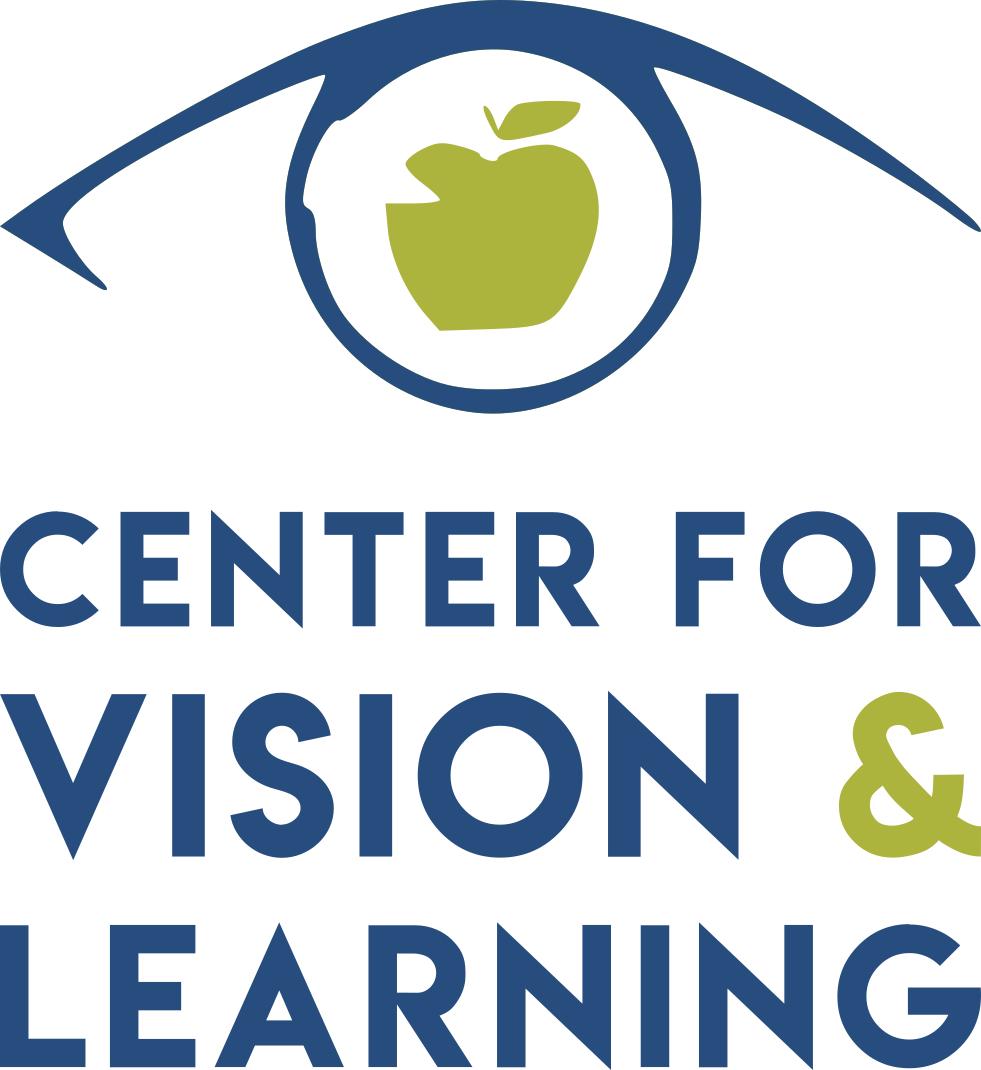At our office, we see people every day who are suffering from concussion. Some of them are newly diagnosed, but others have been struggling for months or even years.
I want to talk about one such patient. We’ll call him Rick. Rick was injured in a motor vehicle accident in 2014. He suffered a concussion and whiplash. He had no other injuries. At the time, he thought he’d be back to normal in a couple of days or weeks. But, 5 years later, he’s still struggling with a range of symptoms:
· He notices headaches from reading or the computer for more than 15 minutes.
· He has dizziness when he’s watching tv or riding in the car. He can’t handle the movement of the other cars on the road. He can’t handle the windshield wipers moving or rain/snow falling on the windshield.
· When he goes to the grocery store and tries to look down the aisle for items, it makes him nauseated and sick.
· He can’t scroll quickly through his phone, or it makes him nauseas.
· Bright lights are bothersome. He’s become accustomed to wearing sunglasses, even in his house or at church.
Rick has had his eyes checked since his concussion. He was told “everything is fine.” So why is Rick still so miserable?
Why does everyone keep telling him that he’s back to normal, but he doesn’t feel or see right?
During my evaluation with Rick, I checked all of the typical things you’d expect in an eye exam. Rick can see “20/20.” He has glasses, which are appropriate for his eyesight. He had no damage to his eyes from the injury; there are no outward signs of his concussion.
But, Rick is having difficulty knowing where he is in space. His eyes do not properly focus together as a team. When I reach out a pen for him to touch, he consistently touches off to the right hand side of the item. When I ask him to follow the movement of that pen, he can’t get his eyes to follow smoothly. He sees double from time to time during my exam. And, by the time we have worked together for 10 minutes, he is completely exhausted.
In Rick’s case, I prescribed him special glasses with prisms in the lenses. A prism is a lens that is thicker on one end than it is on the other. Because of this, it bends the light at a different angle than typical lenses. Because Rick kept viewing items in his world as being shifted too far right, I was able to use a prism to shift the space and help him match up the target correctly. This visual-spatial mismatch has been causing Rick many of his headaches, dizziness, nausea and light sensitivity.
When Rick picked up his new glasses with the prisms, they looked just like any other pair of glasses. But, he could tell right away that they felt different from other glasses. Over the course of several weeks, he was able to see reduced symptoms and felt more like his old self. Gradually, he was able to reduce his dependence on the prisms. Now, he is able to perform the eye examination testing more easily even without the prisms and he feels much better.
If you or a loved one is suffering from symptoms like Rick, don’t give up hope. I encourage you to look into a neuro-optometric eye examination. This type of evaluation might be the key to helping you get back to doing the things you love to do!
For more information, check out this website: www.noravisionrehab.org.
